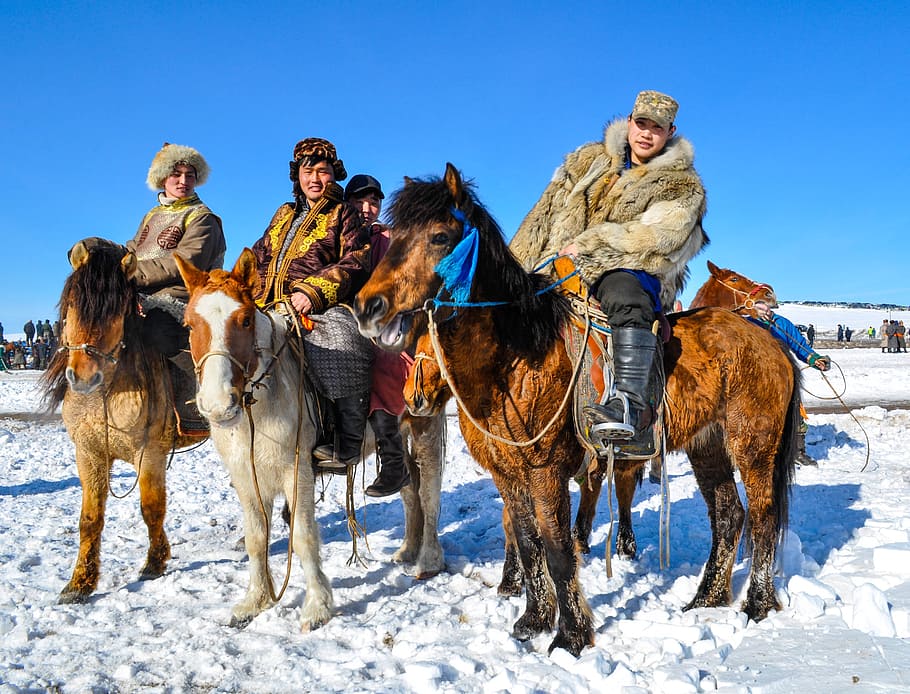Mongolia's economy to grow by 4.8% in 2024 as expanding mining sector: World Bank
In 2023, Mongolia witnessed a commendable economic expansion of 7.1%, largely fueled by coal mining and its associated transportation services.

According to the World Bank's latest semi-annual Mongolia Economic Update, Mongolia's economy is poised to grow by 4.8% in 2024, supported by significant developments in the mining sector and robust private consumption, despite setbacks in agriculture due to severe weather conditions.
In 2023, Mongolia witnessed a commendable economic expansion of 7.1%, largely fueled by coal mining and its associated transportation services. The report forecasts a promising medium-term outlook with an average growth rate of 6.4% anticipated for 2025-2026. This optimistic projection is primarily attributed to increased production at Oyu Tolgoi, Mongolia’s largest copper mine.
However, the economic forecast faces substantial risks, including potential global slowdowns which could particularly impact demand from China, Mongolia's largest trading partner. Additionally, geopolitical tensions might lead to increased oil prices, further straining the economy.
Domestically, Mongolia is grappling with the aftermath of the dzud, a devastating weather phenomenon involving extreme cold and heavy snowfall that led to significant livestock losses – the worst since 2010. This event has put considerable pressure on the agriculture sector, with the possibility of more severe impacts if harsh conditions persist.
The World Bank also highlighted rising domestic challenges, such as fiscal expansion and increased household incomes, which are expected to push inflation higher in 2024. Despite a mining-led recovery improving the macro-fiscal landscape in 2023, Mongolia faces the need for structural reforms to achieve long-term macroeconomic stability and foster sustainable growth.
Taehyun Lee, the World Bank Country Manager for Mongolia, emphasized the urgency of addressing climate impacts. "The increasing frequency and intensity of natural disasters, including consecutive harsh winters and last year’s floods, necessitate enhanced focus on strengthening institutions, policies, and investments to bolster Mongolia’s resilience against climate adversities," Lee stated.
This comprehensive economic update underscores both the opportunities and challenges facing Mongolia as it navigates through its developmental and environmental hurdles.
- READ MORE ON:
- World Bank
- Mongolia










